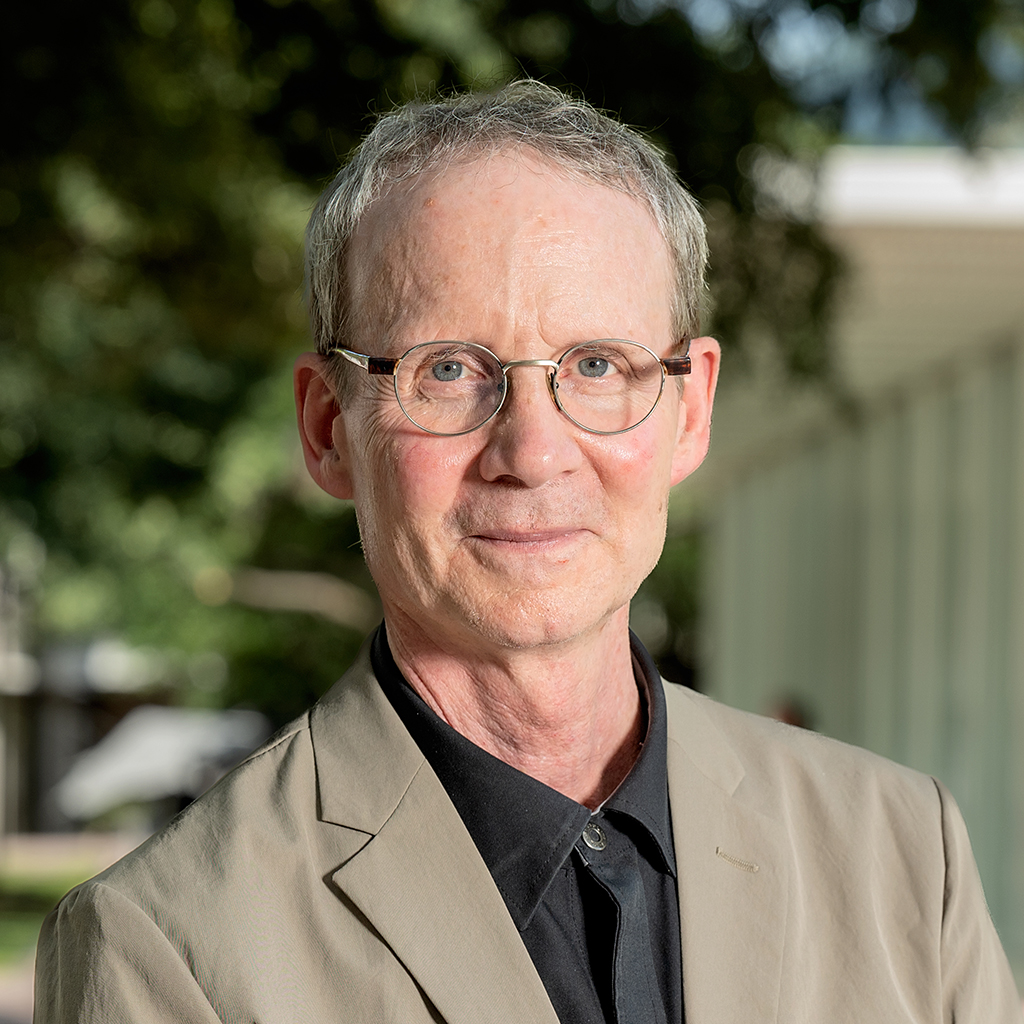Steven Popper

Steven Popper
Distinguished University Professor in Decision Sciences
School of Social Sciences and Government and the School of Government and Public Transformation
Expertise
Strategy under uncertainty
Foresight methodology
Computer-assisted reasoning
Robust Decision Making (RDM)
Science, technology, and innovation policy
Economic development
Emerging technologies
Innovation adaptation
Defense and security
Overview
Dr. Steven Popper is a professor of Science and Technology Policy at the Pardee RAND Graduate School. He was a senior economist at RAND Corporation in the U.S., a nonprofit institution that develops innovative solutions to public policy challenges and decision-making problems. Steven Popper served as associate director of the Science and Technology Policy Institute, where he directed studies on critical technology issues for the White House (1996-2001), and also served as chair of the Industrial Science and Technology section of the American Association for the Advancement of Science (AAAS). In addition, he has also served on several academic and international boards and has been a consultant to the World Bank and the OECD.
He was co-founder and chief operating officer of Evolving Logic Inc., a company that developed the revolutionary Computer Assisted Reasoning (CARs) system and a methodology called RAP™ (Robust Adaptive Planning) for complex decision making. He was the founding chair for education and training of the Society for Decision Making Under Deep Uncertainty (DMDU) and is currently the Society’s chair for finance.
His areas of expertise include strategy under uncertainty, foresight methodology, and emerging technologies, to name a few. His research experience includes strategy, planning, and decision making under deep uncertainty; national science and technology policy; technology-based regional economic development; economic system transitions; and international security and defense, among others.
Steven Popper joined Tecnológico de Monterrey as a Distinguished University Professor in Decision Sciences for the School of Social Sciences and Government and the School of Government and Public Transformation.
Education and Training
- Ph.D., Economics, University of California, Berkeley
- B.Sc., Biochemistry, University of Minnesota
Publications
-
Systematic Method for Prioritizing Investments in Game-Changing Technologies: The Evaluation and Comparison Process Framework, with Richard Silberglitt, Cynthia R. Cook, Lisa Pelled Colabella, Paul Dreyer, Eric Hastings, Alexander C. Hou, Alexis Levedahl, Edward Parker, Scott Savitz, and Li Ang Zhang, RAND Corporation, RR-A632-1, 2022.
-
Use of Predictive Analytic Tools to Assess Technological Emergences and Acquisition Targets, with Richard Silberglitt, Anna Jean Wirth, Christopher A. Eusebi, Inez Khan, Jasmin Léveillé. RAND Corporation, RR-A539-2, 2022
-
Decision Making under Deep Uncertainty: From Theory to Practice, with Vincent A. W. J. Marchau, Warren E. Walker, Pieter J. T. M. Bloemen (eds.), Springer International Publishing (10.1007/978-3-030-05252-2), 2019.
-
“Designing a Robust Decision–Based National Security Policy Process: Strategic Choices for Uncertain Times”, in Frank, A.B. and E.M. Bartels (eds.), Adaptive Engagement for Undergoverned Spaces: Concepts, Challenges, and Prospects for New Approaches, 2022.
-
“Forecasts and decisions: A commentary on Lustick and Tetlock”, with Robert J. Lempert, Paul K. Davis, Tim McDonald, in Futures and Foresight Science 3 (2), June 2021. https://doi.org/10.1002/ffo2.81 <https://onlinelibrary.wiley.com/doi/10.1002/ffo2.81>
-
China's Propensity for Innovation in the 21st Century: Identifying Indicators of Future Outcomes, with Marjory S. Blumenthal, Eugeniu Han, Sale Lilly, Lyle J. Morris, Caroline S. Wagner, Christopher A. Eusebi, Brian G. Carlson, and Alice Shih, RAND Corporation, RR-A208-1, 2020.



